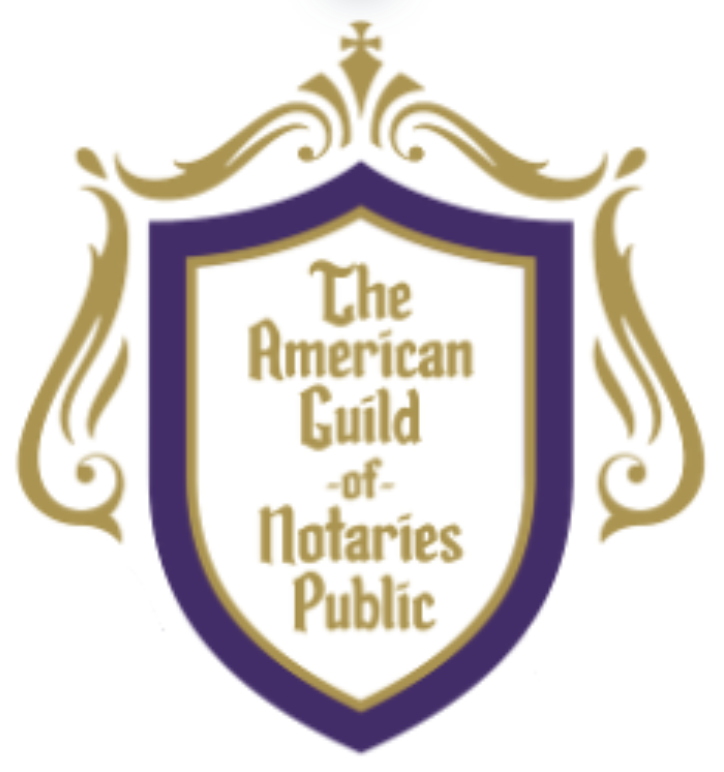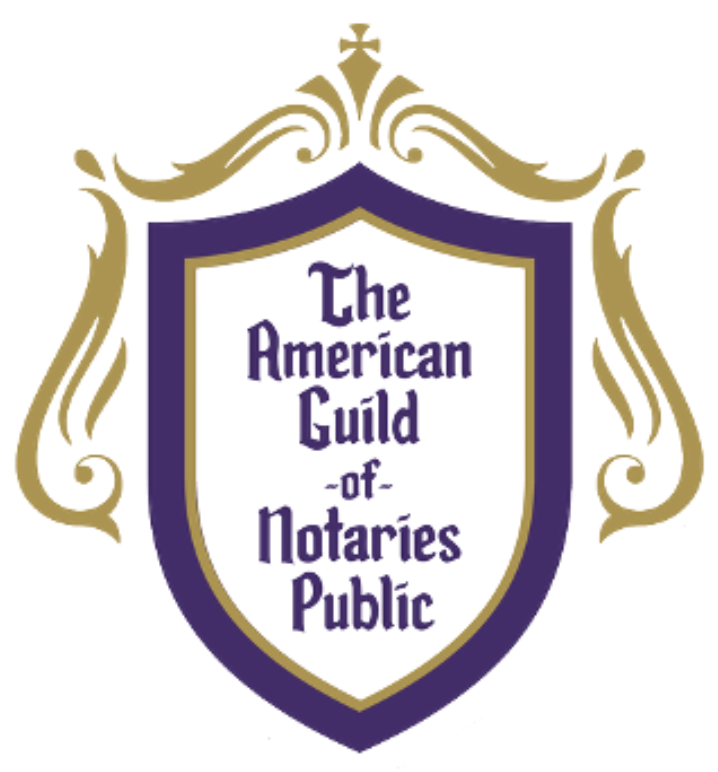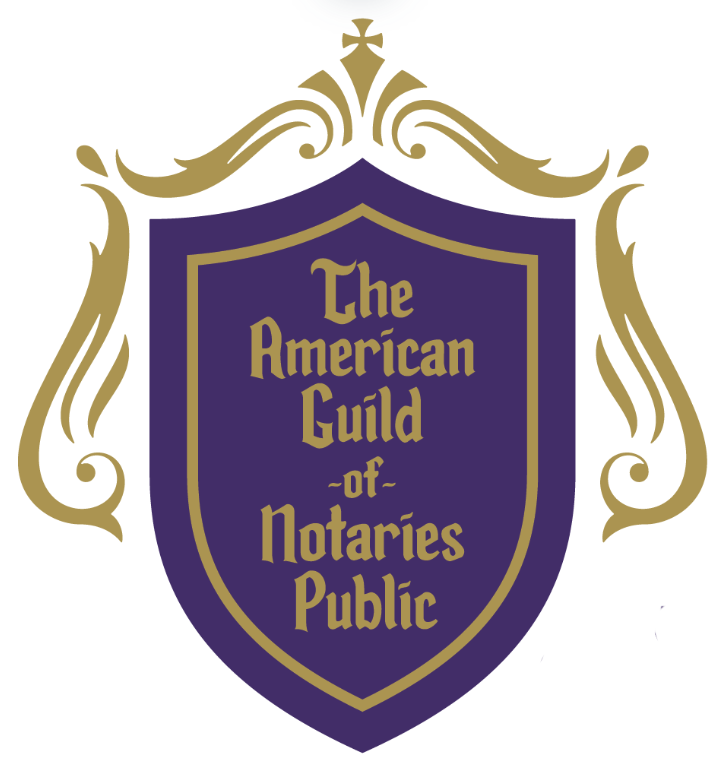AGNP’s CREDENTIALING PROGRAM
There is no debate: fraud is on the rise. Disturbingly, notarized documents are frequently used as tools to perpetrate these crimes. While human error is often blamed, a growing overreliance on advanced technology—offered as a convenient solution—may actually amplify the problem instead of solving it.
As digital tools evolve, so do the methods for committing fraud. Identity theft, elder financial abuse, and deed fraud are easier to perpetrate than ever before. Yet the assumption that technology alone can safeguard against these crimes is dangerously misguided. Biometric scans and digital IDs cannot replace the nuanced human judgment required to assess identity, willingness, and mental capacity—the three critical elements of most notarial acts.
Human observation remains one of the most effective defenses against fraud. But not just any human will do. It takes a well-trained, highly competent, and ethically grounded notary to uphold the integrity of a transaction. Unfortunately, that level of professionalism is far from guaranteed.
The qualifications and capabilities of notaries public in the United States remain largely invisible to consumers—and too often, they are insufficient for handling the increasingly complex and high-stakes nature of today’s notarial transactions.
The Role of the Notary Public in Preventing Modern Fraud: A Call for Higher Standards
Because each state governs its own notary commissioning process, with wildly varying standards, employers and the public have no reliable way to judge a notary’s competence simply by the presence of a commission. Until national benchmarks of training, testing, and accountability are adopted, the true power of the notary as a frontline defender against fraud will remain underutilized—and public trust will remain at risk.
The American Guild of Notaries Public
A voluntary program open to any active, commissioned notary public in the United States.
Credentialing is based on proof of knowledge, experience, and trustworthiness.
Employers and consumers will be able to easily verify the identity and authenticity of the notary and recognize their level of knowledge and experience.
Guild Credentials guarantee the highest possible standards of care and practice for every notarization.






